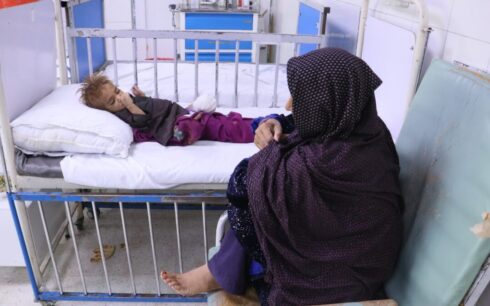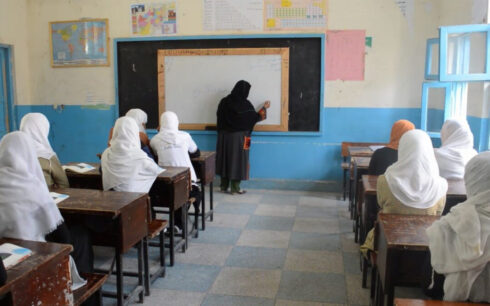KABUL, Afghanistan — Women in Afghanistan’s remote areas are voicing frustration over the lack of female doctors, which they say has created severe barriers to accessing healthcare, particularly for pregnancy and gynecological issues.
The shortage of female medical professionals has been exacerbated by Taliban-imposed restrictions on women’s education in the healthcare sector. Over the past three years, the Taliban have introduced at least three policies that bar women and girls from studying medicine, attending medical institutes, or sitting for medical exit exams, according to residents and rights groups.
This combination of restrictions has left rural areas with few, if any, female doctors or midwives. Women in these regions often face dangerous delays when traveling to cities for treatment due to a lack of local healthcare options and Taliban rules requiring a male guardian for travel.
“There is no midwife here. We are forced to go to the city, and it’s very difficult for us,” said Nafisa, a resident of Farah province. “If there are no vehicles, we must call a car from the city, and it’s very stressful.”

Zarghuna, another resident of Farah, highlighted the deadly consequences of the healthcare crisis: “Many women give birth without midwives. Either their babies die, or they pass away themselves before even reaching the city.”
The World Health Organization (WHO) recently launched an emergency funding appeal, requesting $1.5 billion from the international community to support over 300 million people in 42 crisis-affected regions, including Afghanistan. WHO has identified Afghanistan as one of the countries facing severe healthcare crises, with women and children bearing the brunt of the collapse in services.
The Taliban’s restrictions on women’s education in medical sciences have significantly contributed to the shortage of female healthcare workers.
Currently, Afghan women and girls are prohibited from studying medicine at universities, attending medical institutes, and taking medical certification exams.
As a result, rural areas remain critically underserved, leaving many Afghan women without access to basic healthcare services.
Health advocates warn that without swift international intervention and policy changes, Afghanistan’s healthcare crisis will continue to deepen, disproportionately impacting the most vulnerable populations.





